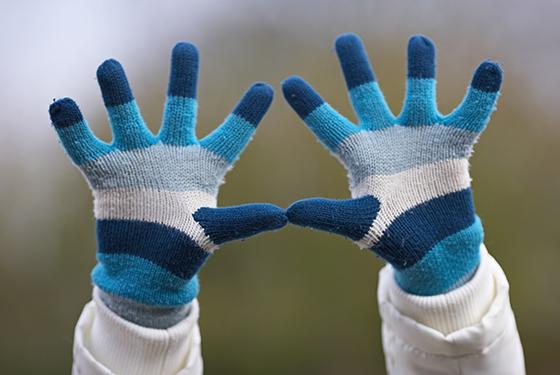
Vancouver has relatively mild winter but the season still brings with it frosty winds, fluctuating humidity and dry indoor heat – all contributors to dry skin. Dr. Shannon Humphrey, researcher at the VCH Research Institute, shares some winter skin care tips to help protect our skin against the harsh elements of the season.
Q: How does a dermatologist diagnose dry skin?
A: Dry skin is diagnosed through physical exam findings such as dull and lusterless skin, which often comes with flaking (scales). We also consider symptoms described by patients including a tight feeling and itching.
Q: A hot, steamy shower seems like a good idea for moisturizing my skin, but why does my skin always start flaking soon after?
A: A hot, steamy shower temporarily moisturizes the skin but once you exit the shower it makes the dryness worse. The process of evaporation reduces net moisture in the skin. A shower could be used to increase moisture by taking a five-minute lukewarm shower and immediately using a heavy moisturizer after the shower before the skin dries. This will “seal” in the moisture.
Q: The sun is usually behind heavy clouds during the winter. Why do I still need sunscreen?
A: When you think of the harmful effects of the sun, you must consider both UVA and UVB rays. The UVB rays are highest on sunny days and these are the rays that are most responsible for sunburns and skin cancer. UVA rays are relatively constant all year round, even on cloudy winter days. The UVA rays penetrate deeply into the skin and contribute to signs of photoaging and, to a lesser degree, skin cancer.
Q: What are the do’s and don’ts to keep my dry skin from getting worse?
A: Do regularly apply a fragrance-free moisturizer. Ointments are the most effective for severely dry skin. Don’t have long, hot showers.
Q: My skin is sensitive to most skin care products and sun screen — is there something wrong with my immune system?
A: Many patients describe reactive skin when they try new skin care products and certain sunscreens. For most of these patients there is nothing wrong with their immune system and these symptoms can be avoided by sticking to a simple skin care regimen. Often, less is more for these patients. When it comes to sunscreen, if burning and sensitivity is a complaint, you may wish to try a mineral based sunscreen as these are often very well tolerated. Always consult and discuss concerns about skin reactivity with your dermatologist.



